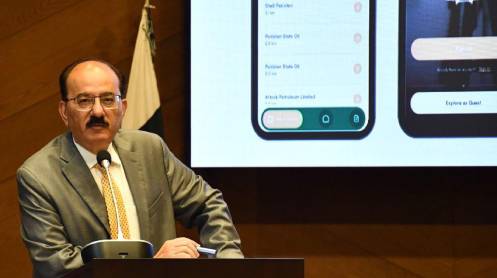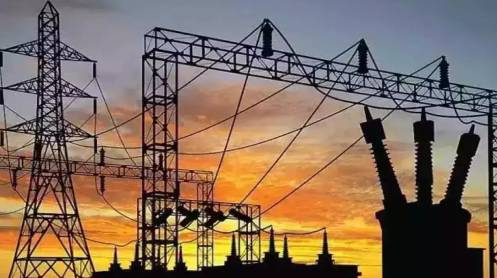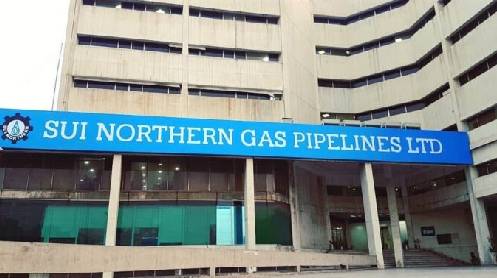Pakistan has experienced its worst floods in years in 2022, and the country’s renewed calls for financial support on climate adaptation and loss and damage from the world’s biggest emitters will likely be a point of focus at the UN climate conference Cop 27 starting this week in Egypt.
An estimated 33mn people have been affected by the floods, with over 1,600 killed, while infrastructure — especially transport infrastructure — agriculture, and livestock sustained significant damage. Some districts are still experiencing stagnant water levels and could remain partially inundated until the end of the year, according to the Pakistan Meteorological Department.
UN secretary-general Antonio Guterres blamed this “monsoon on steroids” on climate change, calling it a “climate carnage” and called for tougher action. Pakistan falls into the list of 10 countries most vulnerable to climate change, although it emits less than 1pc of global greenhouse gases (GHGs), Pakistan’s prime minister Shehbaz Sharif said. “It is therefore entirely reasonable to expect some approximation of justice for this loss and damage,” he said.
Pakistan’s crisis once again highlighted whether countries less responsible for global emissions should seek reparations from larger emitters. “Just for perspective, countries like Pakistan face triple the risk than North America and 10 times more than the least affected region, Europe,” said the country’s climate change minister Sherry Rehman. She added that Pakistan’s GDP is affected by “climate change vulnerability”.
Pakistan will push for commitments on climate adaptation finance and loss and damage at Cop 27. “Cop 27 must capitalise the adaptation fund and introduce agility and speed in countries that need to build resilience,” Rehman said, adding that Pakistan needs climate funds that are easy to access.
Rehman wants loss and damage to be put formally on the climate finance agenda. “The bargain between the global north and the south is not working and it needs to be fixed for the global south to survive the oncoming train of climate change.”
“The gap lies in the undertaking of responsibility by the rich countries to not only fulfil their pledges but also provide compensations for the carbon-intensive lifestyles and investments that continue to increase emissions,” she added.
At last year’s Cop 26 conference in Glasgow, then-federal minister for climate change Malik Amin Aslam Khan pegged climate adaptation needs at $7bn-14bn per year, with loss and damage accounting for 70pc of this amount.
Climate goals
The country reduced emissions by 9pc in 2020 from a business-as-usual baseline, and has developed a pathway to reach 15pc below the baseline by 2030 by utilising its own resources, according to Khan.
In a biennial update report submitted in April this year to the UN framework convention on climate Change (UNFCCC), the country set out its emissions figures based on 2018 estimates, as it currently does not have a formal mechanism to calculate its exact GHG emissions. Pakistan estimates its 2018 GHG emissions at 489.87mn t of CO2 equivalent (CO2e), an increase of 200pc over 1994-2018.
The energy sector alone made up 44pc of these emissions, or 218.9mn t of CO2e. Pakistan’s primary commercial energy supplies were estimated at 86mn t of oil equivalent in 2018, with the shares of oil and gas at 31.2pc and 34.6pc respectively, coal at 12.7pc and imported LNG making up 8.7pc.
Pakistan aims to shift 60pc of its energy mix towards clean energy and to switch 30pc of its transport to electric vehicles (EV) by 2030. The government approved a national EV policy in 2019, which targets the conversion of 100,000 cars and 500,000 two- and three-wheelers to EVs over the next four years. The country also aims to achieve 60pc of its generation capacity though indigenous clean energy technologies such as hydropower, by 2030.
But “the dual cost of global inaction and climate injustice are having a crippling effect on both our treasury and our people,” said Sharif, emphasising the fact that financial support is imperative for Pakistan to push ahead with its plans.





